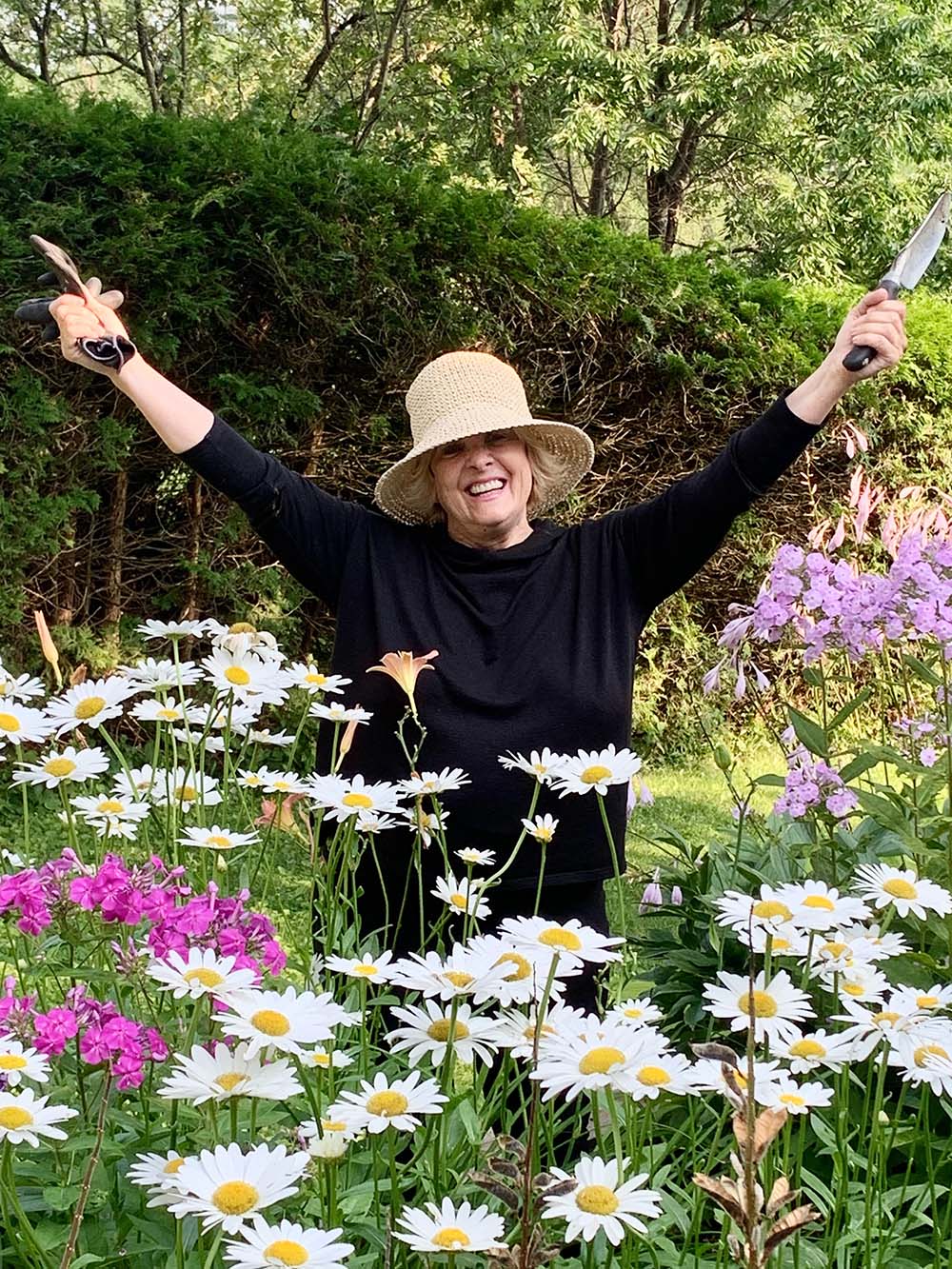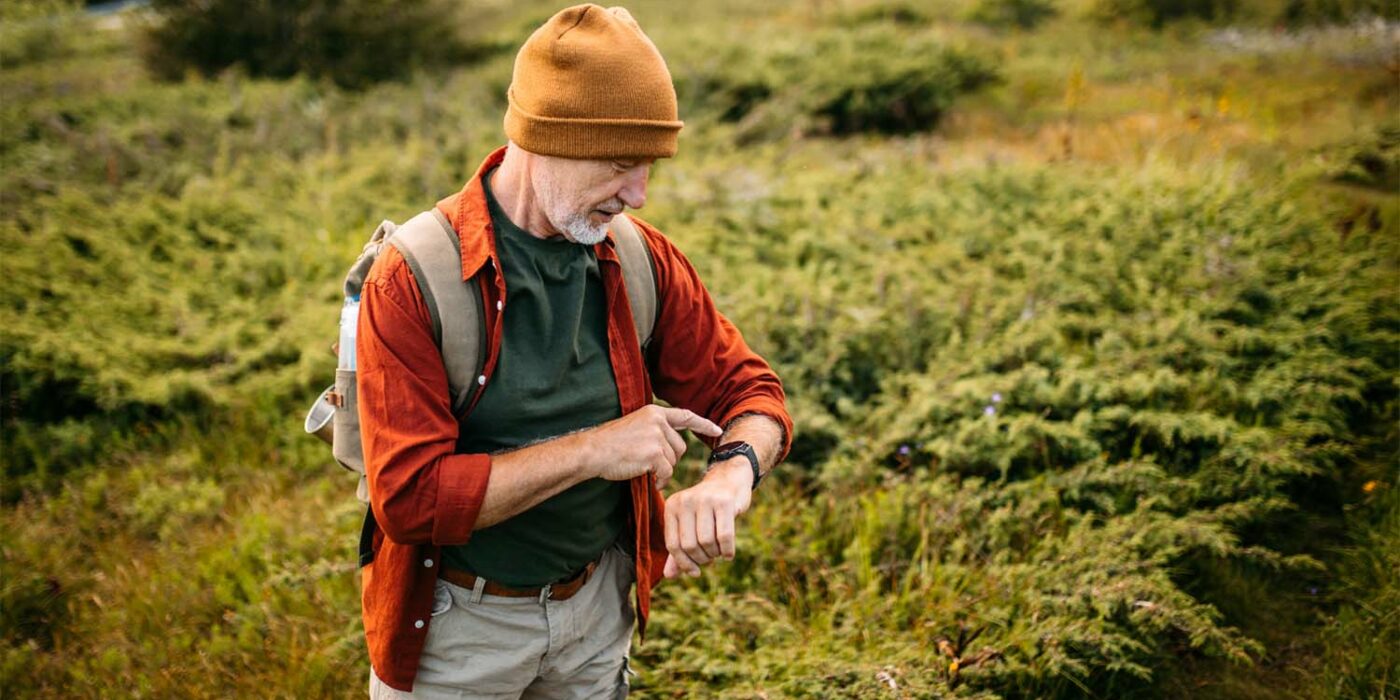Are Life’s Obstacles Stumbling Blocks or Building Blocks for a Better Life?
Have you ever met an obstacle you liked? If you have, I’d like to give you a high five. I’ve never met an obstacle I liked. My brain slams on the brakes the moment it senses a potential stumbling block; all systems are called into action to assess the situation before proceeding. If that sounds at all familiar it’s because you’re human and we humans are like cats waiting for a mouse, we’re always on the lookout for danger, sometimes to the point of sabotaging our own goals and dreams.
“We all have challenges. You can let them be obstacles or roadblocks, or you can use them.”
– Paralympian, Amy Purdy
Amy Purdy fully embraces obstacles now, after navigating them for over twenty years. As a young woman with a thriving massage therapy practice, Amy thought she had the flu. It turned out to be meningitis; Amy lost both legs below the knee and got herself on prosthetics as soon as she could. You’d probably be more familiar with this young American as a Paralympian snowboarder and Dancing with the Stars runner up because that’s what she did with the obstacle presented to her. Amy 2.0, as she called herself then, saw the obstacle, processed what happened, accepted the situation, and figured out how to work with it, so that she could achieve the new dreams and goals she set for herself. She’s had to adapt repeatedly throughout her life as an amputee. Amy is pure inspiration for any of us to turn to, when we come up against something we perceive as an impossible block.
“It’s the hardest things in life—the things that stress you out—that build character and make you stronger. Don’t shy away from uncomfortable situations just because they won’t be easy.”
– Life Coach, Brittany Burgunder
Call them obstacles, or barriers, they’re part of life and we will encounter them at every age and every stage of this adventure. Our inclination is to avoid them but they’re not on our path without purpose. We can’t grow when we resist what challenges us. It is true that what we resist persists, so that the more we push back, the more we’re pushed back. Our resistance to life’s trials points to fear. One of my mentors, the late personal-development author and speaker, Dr. Wayne Dyer often used the acronym f. e. a. r. to symbolize “false evidence appearing real,” implying that much of what we fear is a result of our beautiful brains imagining the worst-case scenario or a dramatic outcome with no basis in our current reality. It feels real and when we entertain fear in this way, it can delay our personal growth; even sabotage our goals and dreams.
When we undertake to work with an obstacle, we tap into our innate resourcefulness, we build resilience, increase our self- awareness, and learn valuable lessons. Not to say that fear isn’t useful; in many ways it’s a helpful tool, telling us to turn back or at least not proceed immediately. Can’t swim? Then having a healthy fear of water will keep you safe. I like to use the example of crossing the road: if we look both ways and there are no cars coming, then we can proceed but stepping out on to the road without checking first can lead to no good. Fear is all about survival ultimately and when we recognize it for what it is, it can be helpful instead of harmful. Keep in mind that as we age, fear tends to pull up a chair and make itself comfortable; what we want to do is get comfortable being uncomfortable in the company of fear.
“Every challenge, every adversity, contains within it the seeds of opportunity and growth.”
– Author, Roy Bennett
Author Roy Bennett said it best: every challenge has within it the seeds of opportunity and growth. What if fear prevented you from going to the event where you met your partner? What if you let fear of failure stop you from inquiring about an opportunity you really wanted. What if you turned everything around and recognized that your superpower of courage is always there, waiting for you to call on it, to support you as you face whatever you might be feeling fearful about? What if we put obstacles, barriers and challenges in proper perspective and recognized them not as stop signs but as learning opportunities, so that instead of saying “I can’t” right out of the gate, we ask “what is this here to teach me or what can I learn from this?”
We’ve all been gifted with an unlimited supply of courage and sometimes we must invest it in shifting our focus from fear to possibility, so that we can see beyond the obstacle or barrier in front of us. It’s always in hindsight we see that had we not navigated our way through something challenging we wouldn’t have been ready to take on something new. It’s important to accept that some life circumstances are out of our control but our power lives in knowing that much of what we perceive as life’s obstacles are really what we call in retrospect life’s building blocks.
Tip: To help calm your system when you come up against an obstacle try box breathing. Breathe in for a count of four, hold your breath for a count of four, exhale for a count of four and hold your breath for a count of four. Repeat 10 times and notice the calm feeling in your body. Controlling the breath signals to the body and the brain that everything is okay.
If you’d like to read more about Amy Purdy, check out this article in Women’s Health: Click here.












